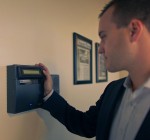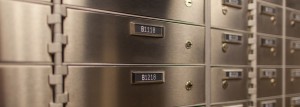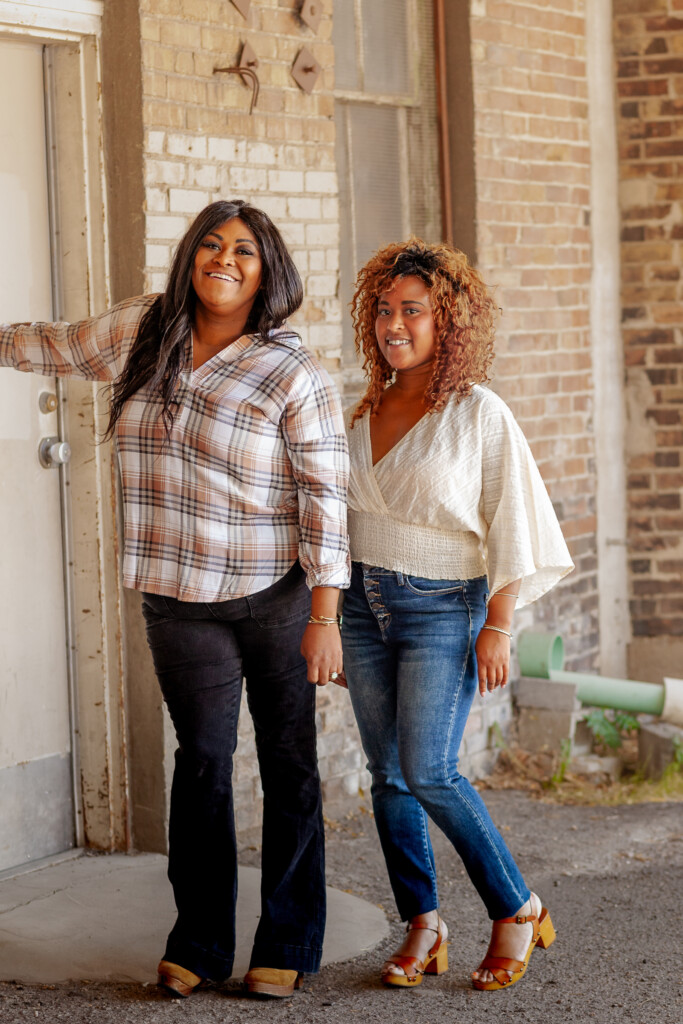Taking Utahns Privacy and Safe-Keeping to a Whole New Level
In the new version of the movie, Total Recall, Douglas Quaid’s memory is erased. After he locates a hidden key he tracks down the safety deposit box it belongs to. Inside the box, he finds his passport and real identity.
Though the movie is a fantasy, identities and valuables are frequently stolen. “Privacy,” says owner Nathan Coccimiglio, “is as important as valuables.”
It’s a hack-proof facility with bulletproof windows and walls made of ballistic grade material. “We use a retina form of ID, which is more unique than a fingerprint,” Nathan says. “It’s great way to ID people. There are no databases for irises. You can’t track it.”
At least one to two sources guard the building at all times. An armed guard remains on sight in a ballistic grade control room around the clock, and a third party monitors the cameras. For added security, infrared beams crisscross the sides and back of the store as well.
Nathan used to go to Las Vegas to gamble and worried about carrying his winnings back and forth. He found a facility in Vegas where he could keep and get his money any time of the day or night. “I loved the concept,” he says.
He talked with business associates and investors. “I couldn’t get anyone to say it was a bad idea, that it’s not going to work,” he says. In fact, they said as soon as he was done, they wanted a box.

They were able to go around the country and get the pros and cons of other facilities. “With help and advice from law enforcement and security companies, we figured it out so we have all of the pros and no cons,” Nathan says.
“No one trusts banks anymore,” he says. During the recent hurricane back east, banks flooded and people couldn’t get access to valuables. Banks are still closed. After 9/11, all the banks closed for a week and people couldn’t get their safety deposit boxes. Safe Haven has a backup supply that runs in case of power outages. Generators kick on. The whole state of Utah could lose power and Safe Haven could still operate.
The facility is open 24-7, so people can drop off or pick up items any time of the day or night. Customers use the vaults to store their valuables in vaults when they go on trips, eliminating their homes from being targets.
“This is the 21st century way to store valuables,” Nathan says. It’s way more convenient. “You’ll see a big increase in this type of facility across the country. We’ve received offers from other states to expand our facility and have documentation from banking specialists that it will be booming in the next 6-7 years.”
Safe Haven is located at 8675 South 700 East in Sandy.






